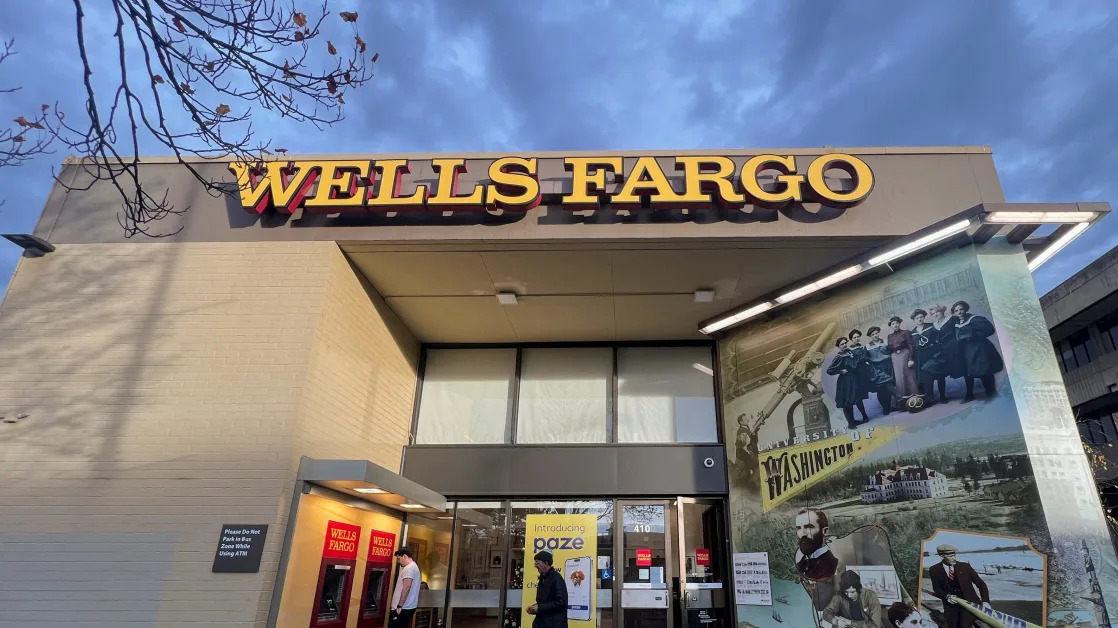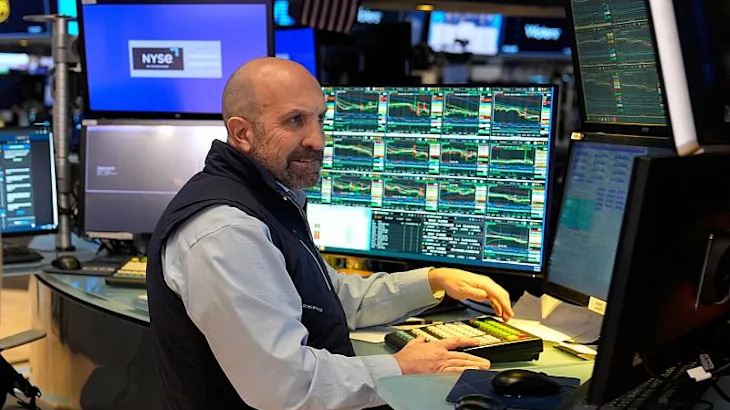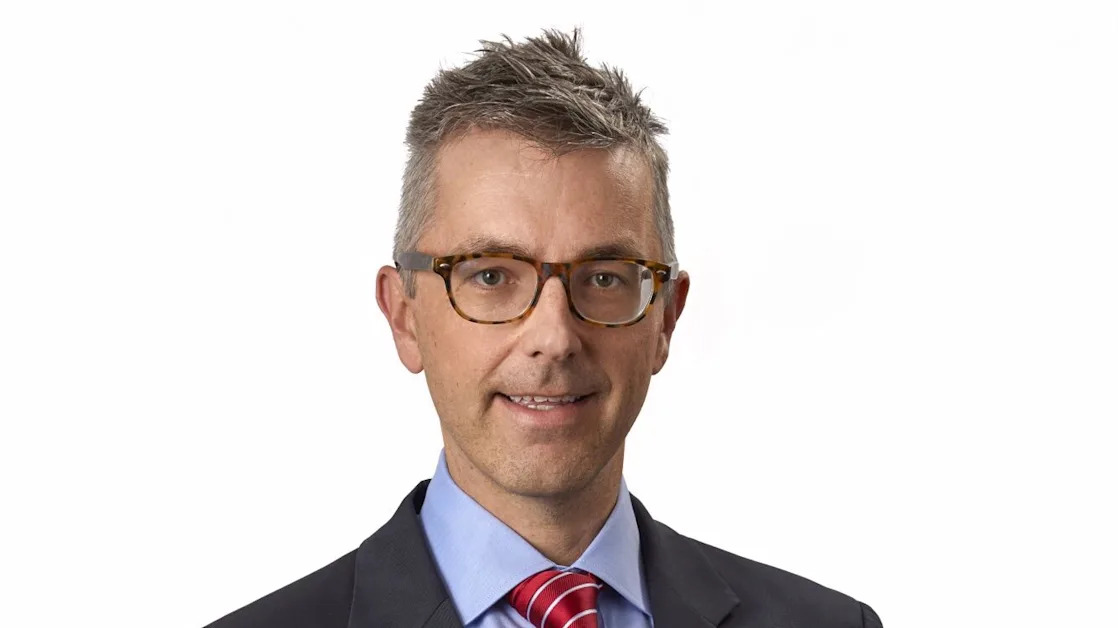(Bloomberg) -- Scott Bessent, who runs macro hedge fund Key Square Capital Management, said he expects a jump in volatility and a decline in US markets because the economy is more fragile than most investors realize.
“Right now we view the US economy as being in a precarious, emerging market-style equilibrium,” Bessent told clients in a letter earlier this month. The government’s large deficit and debt issuance using shorter-term instruments have fueled asset bubbles in stocks and real estate, he wrote, adding that “every emerging market exhibiting these characteristics, especially during an election cycle, has experienced a downside economic shock.”
While the jump in equities and real estate prices have benefited wealthier individuals, stagnating wages and higher prices for food, shelter and other necessities have walloped lower-income groups, he wrote. That’s led to both more borrowing and rising delinquencies on consumer loans, a state he predicts will extend to people earning higher incomes when the asset bubbles deflate.
Bessent, a former chief investment officer at Soros Fund Management, is a prominent fundraiser for Donald Trump and is considered a potential pick for a top economic position if the ex-president wins in November. Trump called Bessent onto the stage at a recent rally in Asheville, North Carolina, introducing him as “one of the most brilliant men on Wall Street.”
Bessent’s hedge fund was flat this year through early August, according to an investor, who said the firm had made money in the volatile market moves in the past several weeks, after losing money earlier in the year on the Japanese yen. A spokesman for Key Square declined to comment on performance.
Bessent also told clients he is buying natural gas futures and stocks, forecasting a rise in prices spurred by the energy transition and the boom in construction of AI data centers.
He is also predicting that the Bank of Japan will raise rates higher, and for longer, than the market is expecting. The BOJ raised rates twice this year, with the latest move at the end of July. At that time, the BOJ Governor, Kazuo Ueda, signaled that the bank would continue to raise rates if the data supported doing so.
The rise in rates “will have the counterintuitive effect of strengthening the Japanese economy as high-saving households and corporates begin receiving a return on their savings,” he wrote. Higher rates will cause Japanese investors to repatriate money that’s now invested outside the country.





